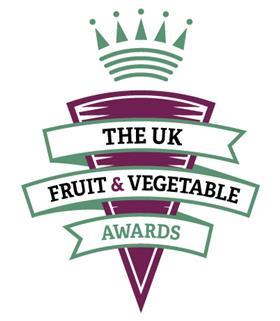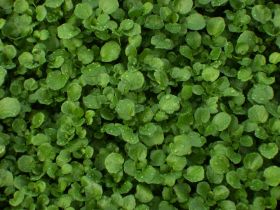Vitacress has developed a unique growing and production method of peat-free salad cress in the UK, driving peat reduction to completely remove it from the business in line with the Government 2030 deadline.
Producing approximately 12 million punnets a year, Vitacress’ salad cress is now grown on a completely natural, FSC-certified natural wood pulp substrate, derived from sustainably grown pine trees. For every tree harvested, another three are planted.
The carbon benefits are twofold – firstly the CO2 that is released from collecting peat is avoided and secondly, the new substrate requires less transportation, which will reduce lorry loads from 13 to just three per year. It also offers improved water retention, ensuring a longer and healthier plant life.
The new wood pulp substrate is a result of extensive trials, including 12 different types of wood pulp and over 20 pre-formed cellulose materials. This method is very efficient, being able to maintain production line speed and minimise pulp and water waste.
Leatherhead Food Research showed that 78 per cent of participants preferred the wood pulp substrate to peat. They scored the wood pulp substrate significantly higher for appearance, texture and overall liking. They felt it was more environmentally friendly and would prefer to buy it and use it in the kitchen.
The UK currently uses three million cubic metres of peat per annum for horticulture, 30 per cent of which is used by professional growers. Research demonstrates that peat use emits 400,000 tonnes of carbon every year. Reducing peat use in horticulture can not only reduce carbon emissions, but it will also help preserve the vital biodiversity that peatlands provide. Currently, peatlands cover 12 per cent of the UK, but 80 per cent are in poor condition due to peat mining.






